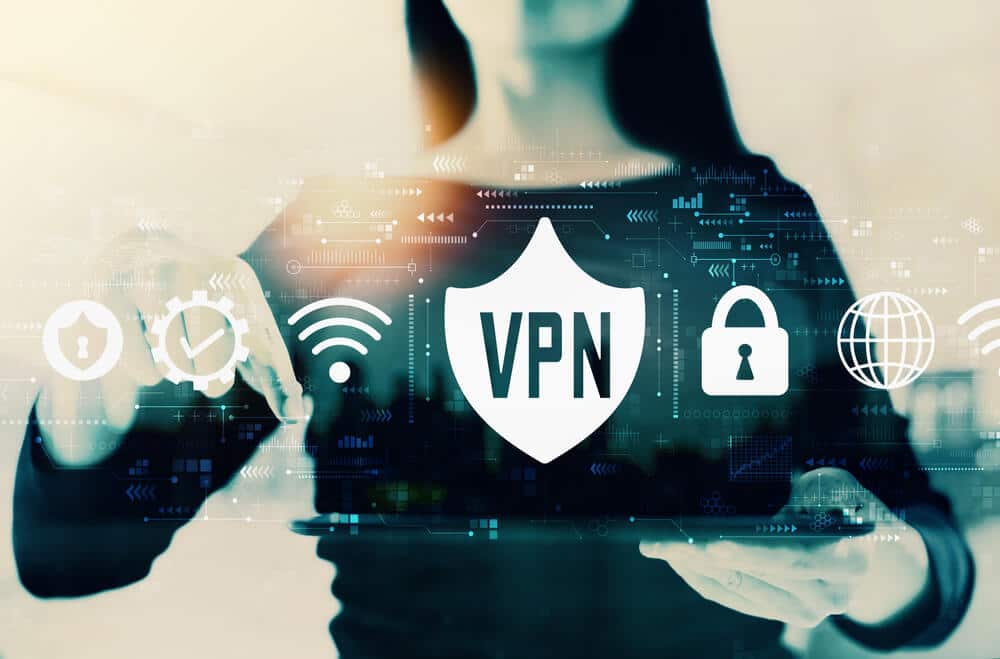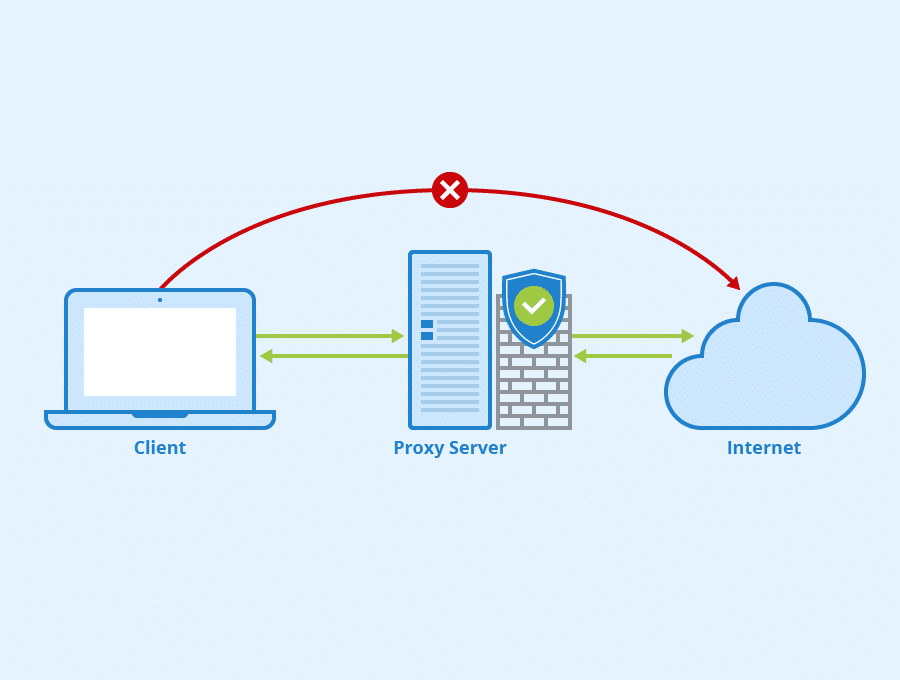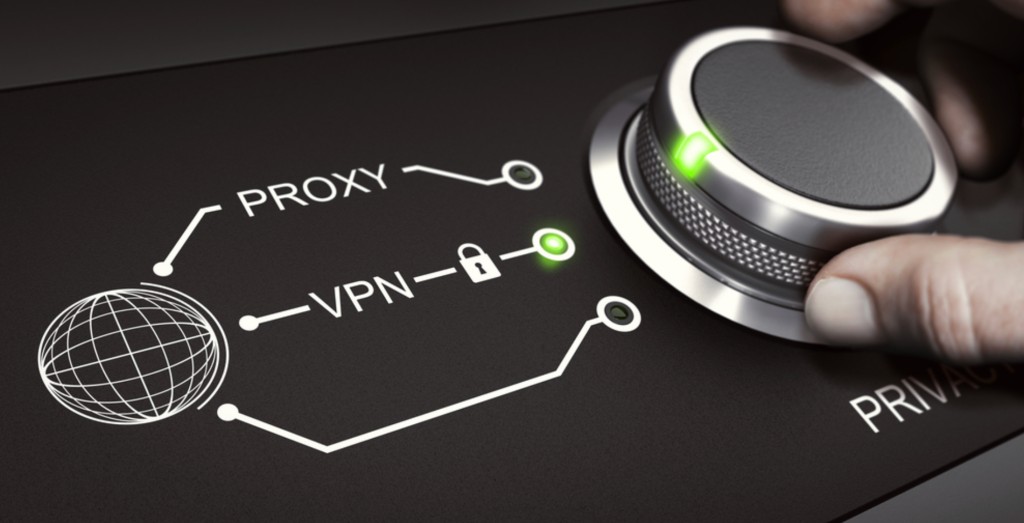When you’re looking for online privacy and security, you have got a lot of choices to make.
Do you want a VPN or proxy server? What’s the difference? And which one should you buy?
In this blog post, we’ll compare VPN and proxy servers so that you can make a good decision about which one is right for you.
Check Also: Fast vpn download
What is VPN, and how does it work?

A VPN, or virtual private network, is a service that encrypts the Internet traffic and masks your IP address.
Using a VPN protects your online data from surveillance by hackers and other third parties.
VPNs also allow you to bypass geographic restrictions on websites and streaming services to access content from around the world.
It works in the following way: Data sent to and from your device is encrypted and relayed through a network of VPN servers, keeping you safe from prying eyes.
The result? Your online activities are anonymous and secure.
What is a proxy server?

A proxy server is an intermediary between your device and the web content that you want to access.
It hides your IP address and can effectively unblock geo-restricted websites.
However, due to ads, cookies, and other tracking technologies used by many proxy servers, they are only sometimes the best option for privacy or security.
So a proxy server is similar to a VPN because it masks your IP address and provides encryption for your internet traffic.
However, unlike a VPN, which routes all your traffic through its secure network, a proxy server only works with specific applications or websites.
The features of a VPN
So here are the main features of VPN:
- Encryption and privacy: VPNs encrypt your internet traffic, keeping you safe from hackers and other online threats.
- Bypassing geo-restrictions: Many VPNs also bypass geographic restrictions on streaming services, allowing you to access content from around the world.
- Compatibility and ease of use: Most VPNs are compatible with many devices and operating systems, making them easy to use for anyone.
The features of proxy servers
Proxy servers offer many of the same benefits as VPNs, including encryption and privacy, unblocking content, and bypassing geographic restrictions on websites and streaming services.
However, proxy servers typically use ads and tracking technologies, unlike VPNs, to monitor your online activity.
Compare the two types of servers
If you’re looking for online privacy, security, and the ability to bypass geographic restrictions on websites and streaming services, then a VPN is the best choice.
However, if your main priority is unblocking content from specific websites or apps, then buy private proxies.
Which one should you buy?
Ultimately, the best online privacy and security option depends on your individual needs and preferences.
If you want complete control over your internet traffic and are willing to put up with ads in exchange for access to blocked content, then a proxy server may be best for you.
However, if you prioritize privacy and security above all else, then a VPN is likely the better choice.
To determine which option is right for you, consider your own needs and usage patterns regarding online content, as well as the features and pricing of different VPNs and proxy servers.


